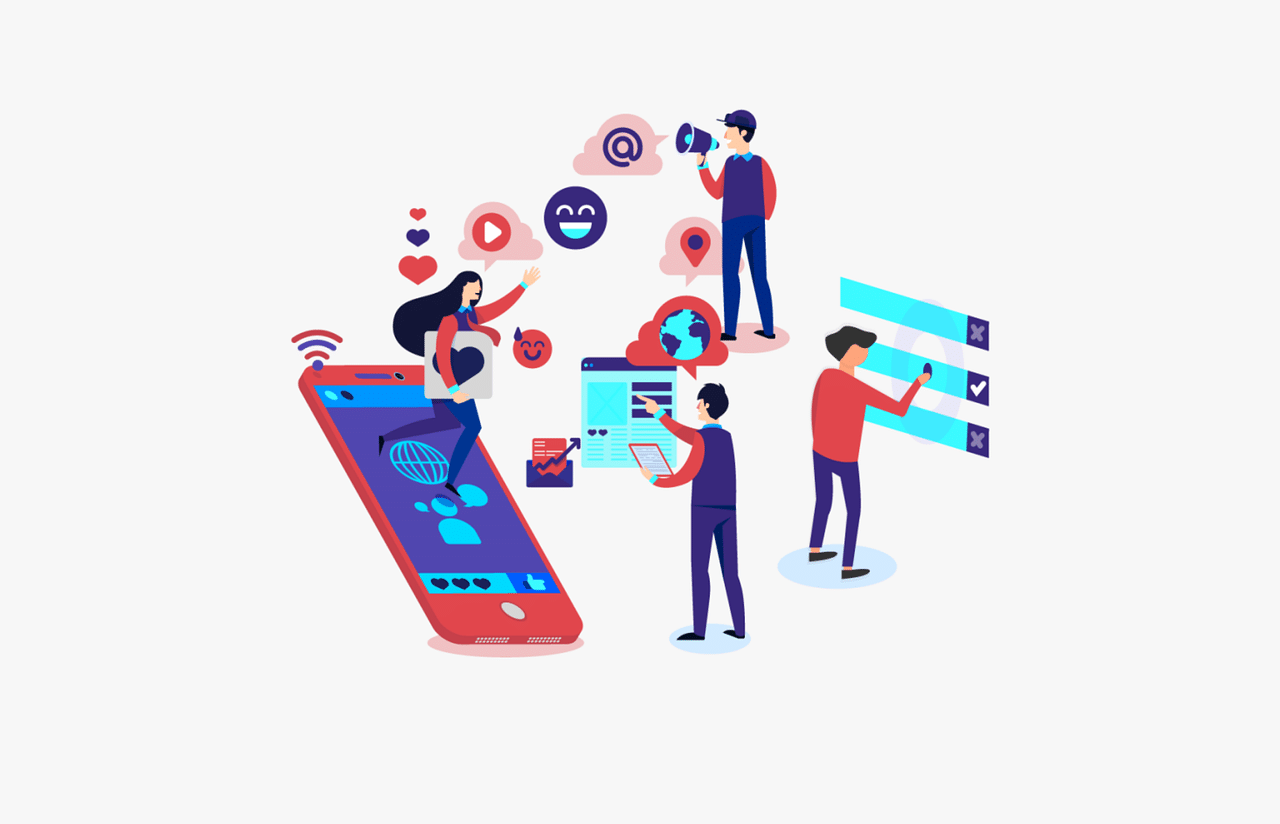
Conferences and TED talks can contribute to continuous learning.
Continuous learning is the process that is constantly carried out to acquire and update knowledge and skills . The concept, which is associated with continuing education , is key to professional development today.
While there are companies that encourage this type of on-the-job training , anyone can opt for self-directed and continuous learning and take online courses, attend workshops and seminars, or train through video tutorials and educational podcasts, for example.
What is continuous learning
Continuous learning can be considered an attitude, a tendency or a habit. It consists of periodically or daily carrying out actions to develop soft skills (such as teamwork, time management and creative thinking) and obtaining technical and formal knowledge .
The purpose of continuous learning is to strengthen professional and work skills . Through knowledge management, it is possible to increase and optimize personal resources to successfully face challenges at work.
It is often highlighted that continuous learning requires self-awareness to be clear about individual weaknesses and strengths. From this overview, you can determine what needs to be learned or improved.
That is why continuous learning is linked to emotional intelligence . Self-evaluation is as necessary as the determination to learn and the perseverance to maintain training activities over time.

Digital marketing is a discipline that requires continuous learning.
Different tools
Continuous learning can be carried out using different tools. Some are in-person (require the person's physical presence in specific places), while others are developed virtually. Both modalities can also be combined in some cases.
Mentoring and coaching , for example, are usually based on face-to-face meetings but can also occur remotely. Learning through textbooks and manuals or academic and research articles, meanwhile, can be an activity that is carried out with printed (paper) or digital elements.
As for e-learning , it includes alternatives such as webinars, MOOCs (massive open online courses) and online learning platforms (Coursera, Udemy, etc.). In this case, the main advantage is that the student can learn from anywhere, without having to travel. Furthermore, it is common for you to be able to manage your schedules freely, without forgetting that many of these training options are free to access.

While important, continuous learning should not affect your work-life balance.
Importance of continuous learning
Continuous learning is key to meeting the demands of the labor market. Today, increasingly more qualified workers are in demand who have knowledge of the latest technologies and trends.
It should be taken into account that technical skills often need to be updated. Scientific and technological progress introduces changes in practices, so continuous learning is always important.
Sometimes, learning goes hand in hand with work experience . Therefore, especially for young people, internships and internships can be very useful.
It is advisable to dedicate time to planning and organizing training . Just as the so-called hard skills (such as learning programming and software development or foreign languages) are concrete and can be measured, soft skills (effective communication, problem solving and critical thinking, among many others) are more abstract and can be developed with other types of training.
Although it is not the main objective, it is valuable when continuous learning allows access to professional certifications, diplomas or titles . These recognitions help enrich the curriculum vitae and constitute useful references for potential employers.
Some examples
Take the case of two journalists with more than thirty years of experience. When they began their careers, there was no Internet and they developed articles with typewriters. While one of them never returned to study, the other opted for continuous learning, concentrated on digital literacy and thus incorporated the management of social networks, the search and evaluation of information on the Internet and other knowledge to his initial training. . With confidence, it can be said that the journalist who updated his skills is much better prepared than his colleague to remain relevant in the media of the 21st century.
Let's now think about a graphic designer . In their activity, new computer programs are frequently introduced that change the way things are done. Resorting to continuous learning is essential to stay up to date with new developments: those graphic designers who do not update themselves and are unaware of the most modern software end up being less efficient and productive than those who master the most modern and powerful tools.
It should be noted, however, that continuous learning is not so relevant or necessary in some sectors. A sweeper , to mention a trade, does not have such a wide margin to update his skills or to acquire knowledge that allows him to improve his performance.
